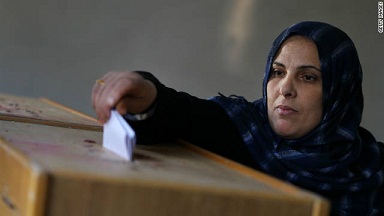
The revival of interest in political theology at the turn of the millennium began with Islam, then moved to Christianity. In the wake of September 11, 2001, it became clear that not all religion was fading away, nor was all religion confined to the private sphere. The evidence: radical Islam. But the obvious risk of Islamophobia that accompanied a focus on Islam as anomalously growing and anomalously public prompted some scholars to explore how Christianity itself was neither fading away nor thoroughly privatized. Instead of focusing on Islam as anomaly, political theology provided a framework for complicating the West’s story of itself, for probing the complex and continuing relations between religious and political ideas.

In the coming weeks, the Political Theology blog will be hosting a symposium on Political Theology and Islamic Studies, bringing together reflections from a number of leading scholars at the intersection of these fields. The editors are very grateful to our Contributing Editor, M. Owais Khan, and to Abbas Barzeger, for their long labors in putting together and editing this symposium. This first post introduces the questions to be discussed and the contributors who will be participating.
If it is at all possible, a Muslim hopes to live in a society where Islamic norms, morality and etiquette flourish, and where they cannot be publicly violated. Similarly, if it is at all possible, provided that he does not perpetuate further harm, every Muslim should command the right and forbid the wrong.
By Tazim R. Kassam
In this case, the “covering up” is the absence of reference to Islam/Muslims. The silence is a form of erasure of their experience in the historical narrative post-9/11. Both are processes that hide Islam, in one case through distortion in the other disinterest.